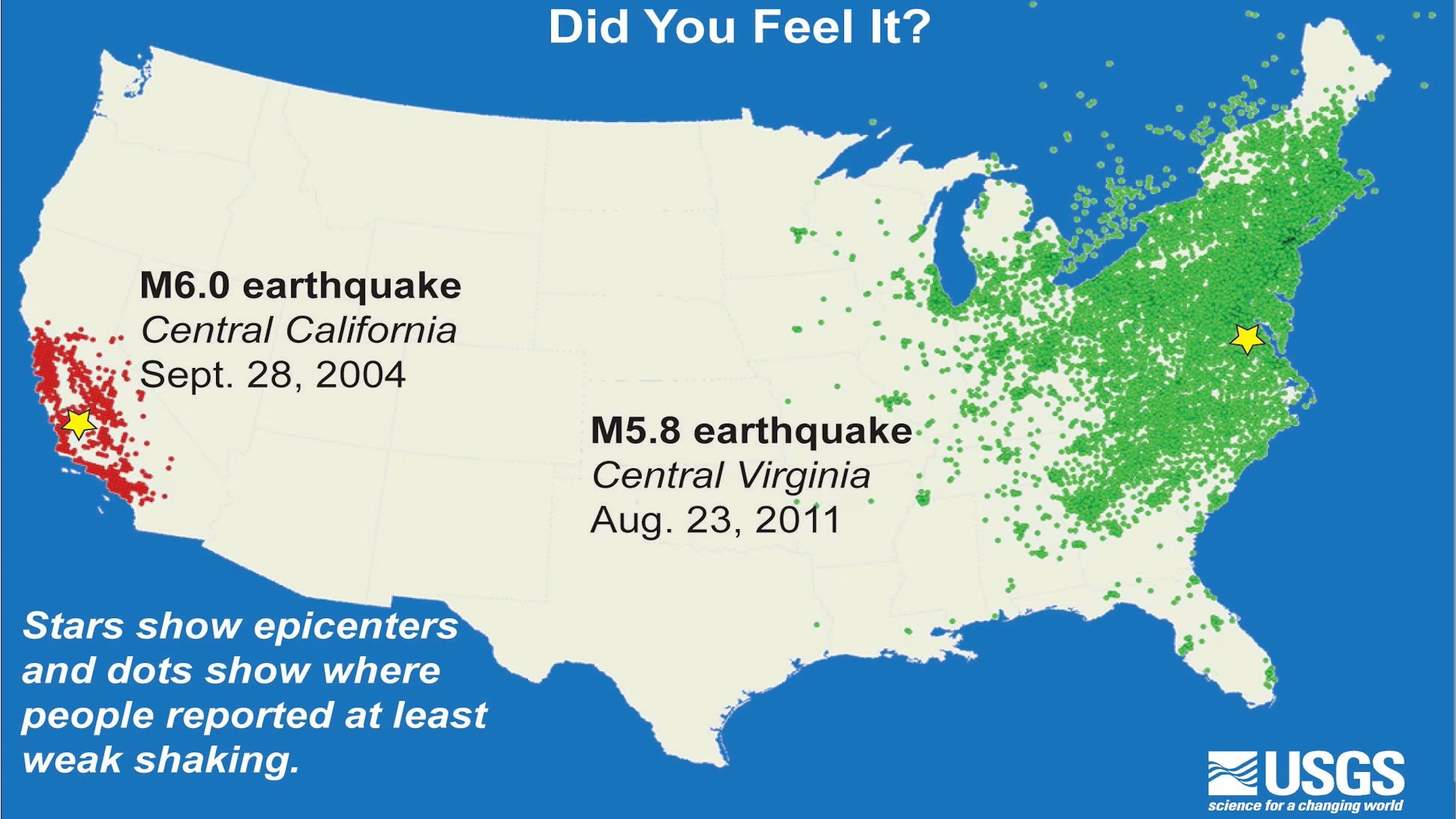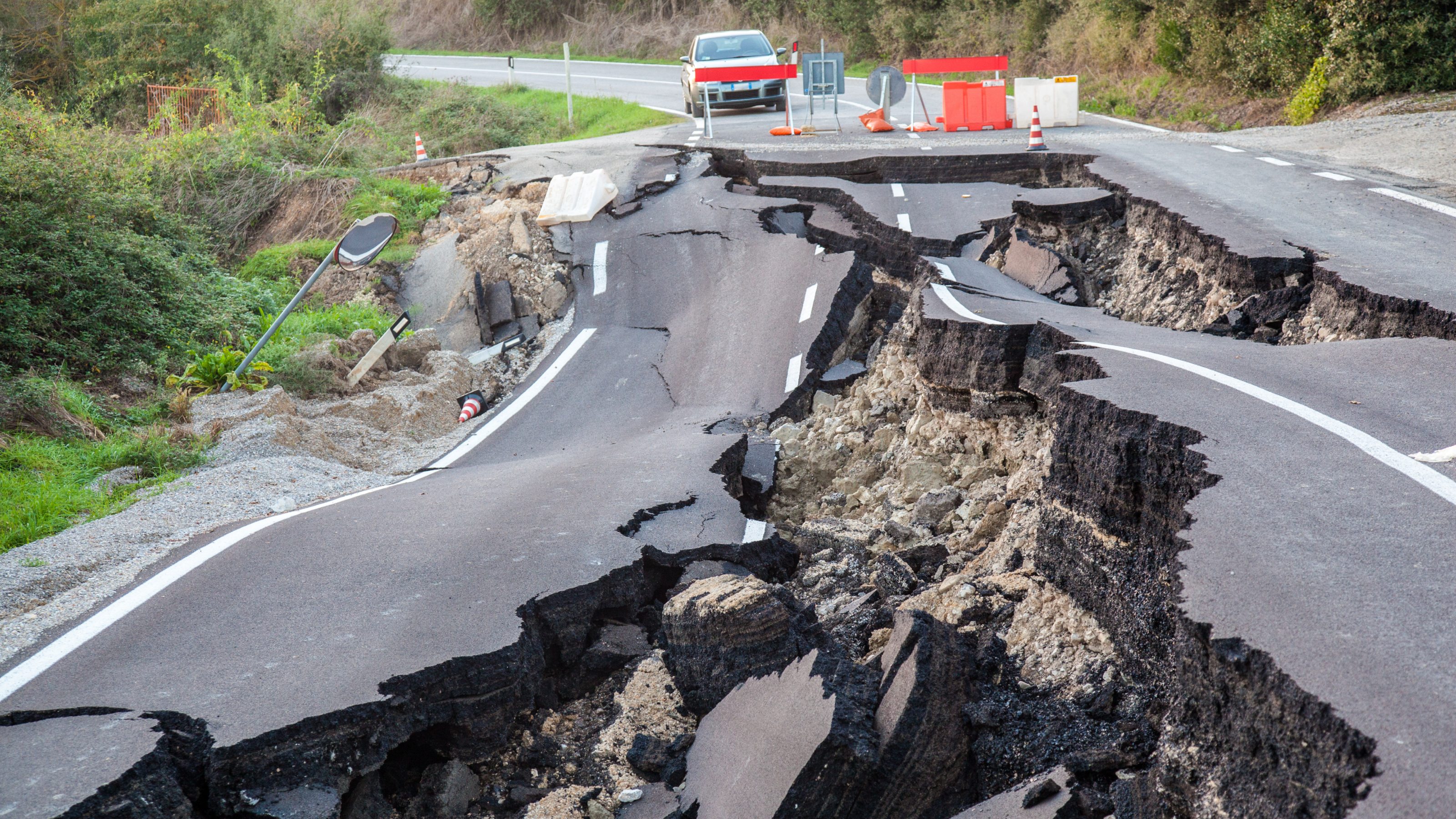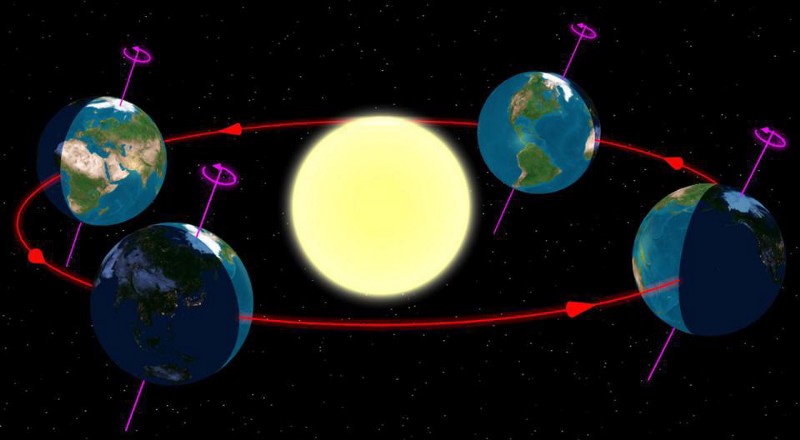The Big One?
“The subtle changes in stress caused by tides in Earth’s crust can trigger small, deep quakes along a seismically active portion of California’s San Andreas fault, a new analysis suggests. The same forces of attraction that cause ocean tides also cause tides in Earth’s rocks, says Amanda Thomas, a seismologist at the University of California, Berkeley. And although the continual variations in rock stress associated with those tides are minuscule, they apparently are big enough to trigger small tremors along some faults, Thomas and Berkeley colleagues Robert M. Nadeau and Roland Bürgmann report in the Dec. 24/31 Nature. Evidence for the claim comes from earthquake data collected near Cholame, Calif., a tiny town near the southeastern end of a portion of the San Andreas fault where small, deep tremors are common. The study focused on a 110-kilometer-square area around the town where more than 1,700 minor quakes occurred between July 2001 and May 2008, Thomas says.”




